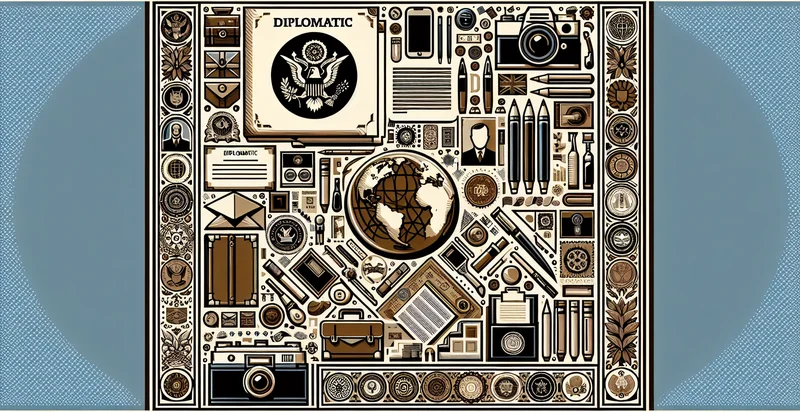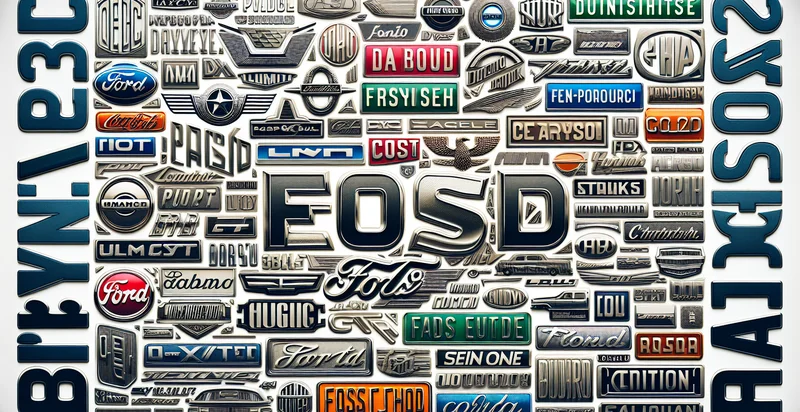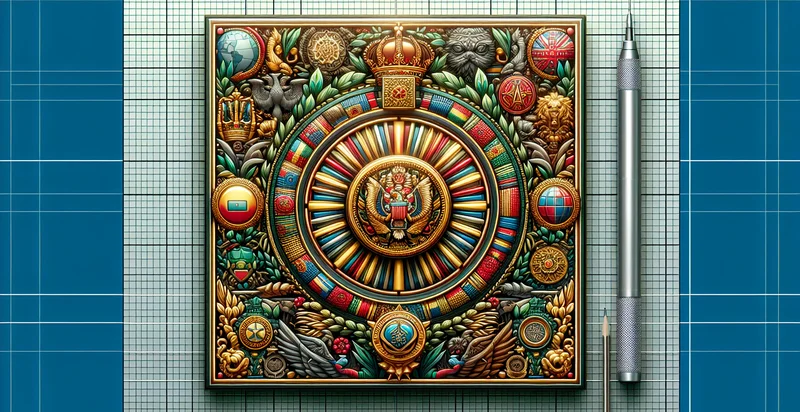Identify diplomatic font
using AI
Below is a free classifier to identify diplomatic font. Just upload your image, and our AI will predict if the document is formal - in just seconds.

Contact us for API access
Or, use Nyckel to build highly-accurate custom classifiers in just minutes. No PhD required.
Get started
import nyckel
credentials = nyckel.Credentials("YOUR_CLIENT_ID", "YOUR_CLIENT_SECRET")
nyckel.invoke("diplomatic-font", "your_image_url", credentials)
fetch('https://www.nyckel.com/v1/functions/diplomatic-font/invoke', {
method: 'POST',
headers: {
'Authorization': 'Bearer ' + 'YOUR_BEARER_TOKEN',
'Content-Type': 'application/json',
},
body: JSON.stringify(
{"data": "your_image_url"}
)
})
.then(response => response.json())
.then(data => console.log(data));
curl -X POST \
-H "Content-Type: application/json" \
-H "Authorization: Bearer YOUR_BEARER_TOKEN" \
-d '{"data": "your_image_url"}' \
https://www.nyckel.com/v1/functions/diplomatic-font/invoke
How this classifier works
To start, upload your image. Our AI tool will then predict if the document is formal.
This pretrained image model uses a Nyckel-created dataset and has 2 labels, including Sans Serif and Serif.
We'll also show a confidence score (the higher the number, the more confident the AI model is around if the document is formal).
Whether you're just curious or building diplomatic font detection into your application, we hope our classifier proves helpful.
Related Classifiers
Need to identify diplomatic font at scale?
Get API or Zapier access to this classifier for free. It's perfect for:
- Brand Compliance Monitoring: Companies can utilize the diplomatic font identifier to ensure that all printed and digital materials adhere to brand guidelines. By automatically detecting the use of fonts that deviate from established brand standards, firms can maintain a consistent and professional brand image across all products and communications.
- Document Authenticity Verification: Legal and governmental organizations can leverage the identifier to verify the authenticity of official documents. By ensuring that only approved fonts are used in sensitive or diplomatic materials, these entities can prevent forgery and maintain the integrity of important communications.
- Content Quality Assessment: Publishing houses and marketing agencies can use the function to assess the quality of written content. By identifying whether appropriate diplomatic fonts are used, they can ensure that written materials meet professional standards before publication or distribution.
- Training and Development: Educational institutions can incorporate this tool into their curriculum to teach students about design best practices in formal communication. Understanding the importance of suitable font usage helps nurture the next generation of professionals in various fields that rely on diplomatic communications.
- Automated Graphic Design Review: Graphic design firms can implement this function in their review processes to automatically check font usage in client designs. It enhances the efficiency of the design review process, ensuring that all visual communications meet aesthetic and brand compliance criteria.
- Cross-Cultural Communication Enhancement: Multinational corporations can use the identifier to ensure that their communication is culturally appropriate across different regions. By identifying and standardizing compliant fonts, these organizations can enhance their diplomatic relations and avoid misunderstandings caused by misaligned visuals.
- Marketing Campaign Optimization: Advertisers can leverage the diplomatic font identifier to evaluate the fonts used in promotional materials. By ensuring that the selected fonts align with diplomatic norms, campaigns can be optimized for professionalism and credibility, ultimately leading to better customer engagement and trust.


